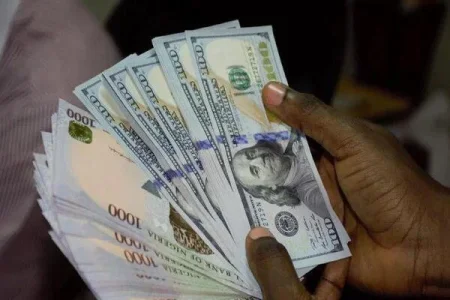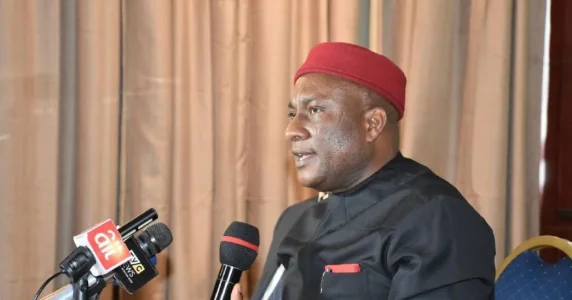
Nigeria's naira weakened to N1,500.79/$1 in the official market, contradicting CBN Governor Cardoso's optimistic outlook on forex stability. The 0.71% depreciation comes amid decreased dollar supply and increased demand. Despite Cardoso's confidence in recent market calm and improved liquidity, the naira's performance raises questions about Nigeria's economic policies and forex market dynamics.
Nigeria's currency market faces a paradox as the naira experiences renewed pressure despite the central bank governor's optimistic outlook. On Tuesday, the naira depreciated by 0.71% against the dollar in the official market, closing at N1,500.79. This decline comes amidst a decrease in dollar supply and increased demand from importers and individuals planning summer holidays.
Central Bank of Nigeria (CBN) Governor Olayemi Cardoso, however, expressed confidence in market stability during a Bloomberg interview in London. He believes the worst of the volatility is over, citing stability in the past few weeks and improved liquidity in the market. Cardoso attributes this to a calmer approach from market participants and the successful merging of disparate exchange rates.
Despite these positive signals, the naira's performance tells a different story. The currency also weakened in the parallel market, depreciating by 0.99% to N1,505 per dollar. This renewed pressure raises questions about the effectiveness of recent monetary policies and the true state of Nigeria's forex market.
As Nigeria grapples with record-high inflation and economic challenges, the discrepancy between market reality and official optimism highlights the complex nature of currency management in emerging economies. The coming weeks will be crucial in determining whether Cardoso's confidence is justified or if further interventions will be necessary to stabilize the naira.




